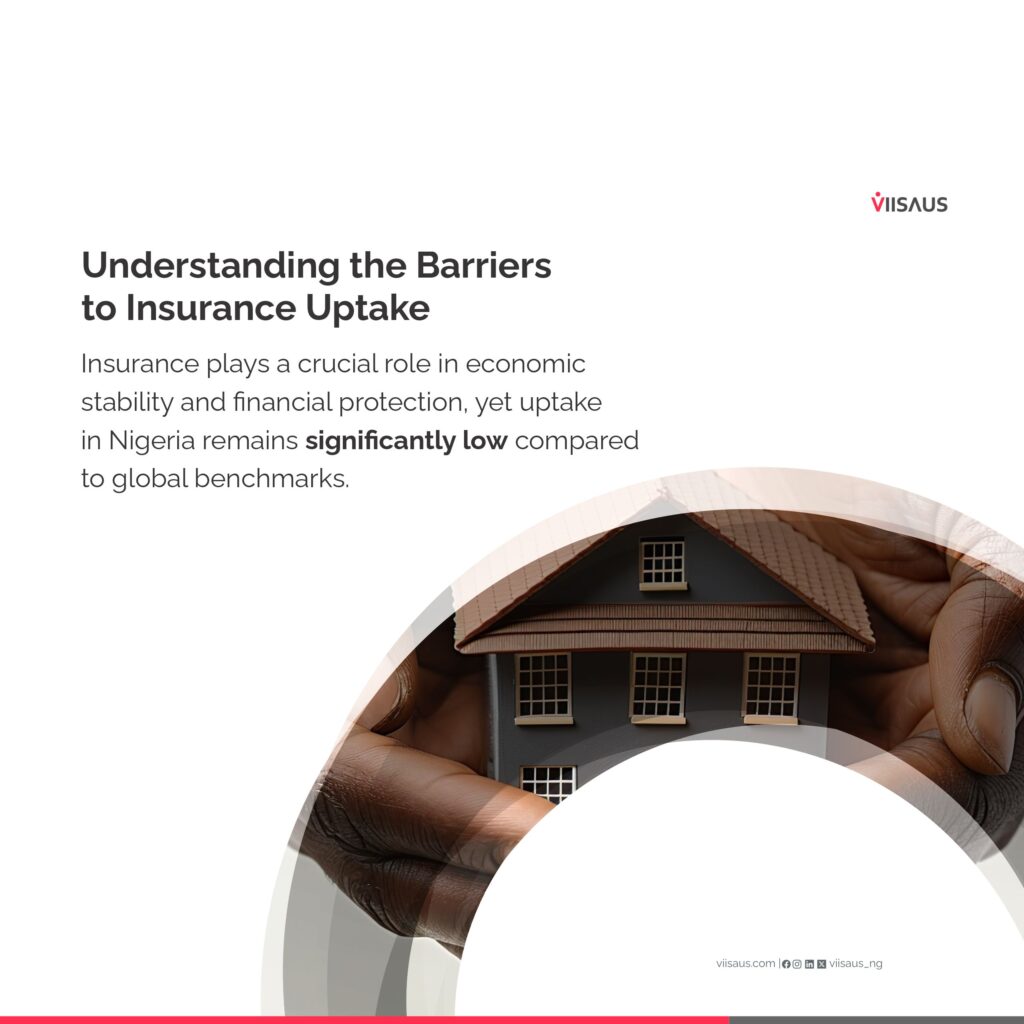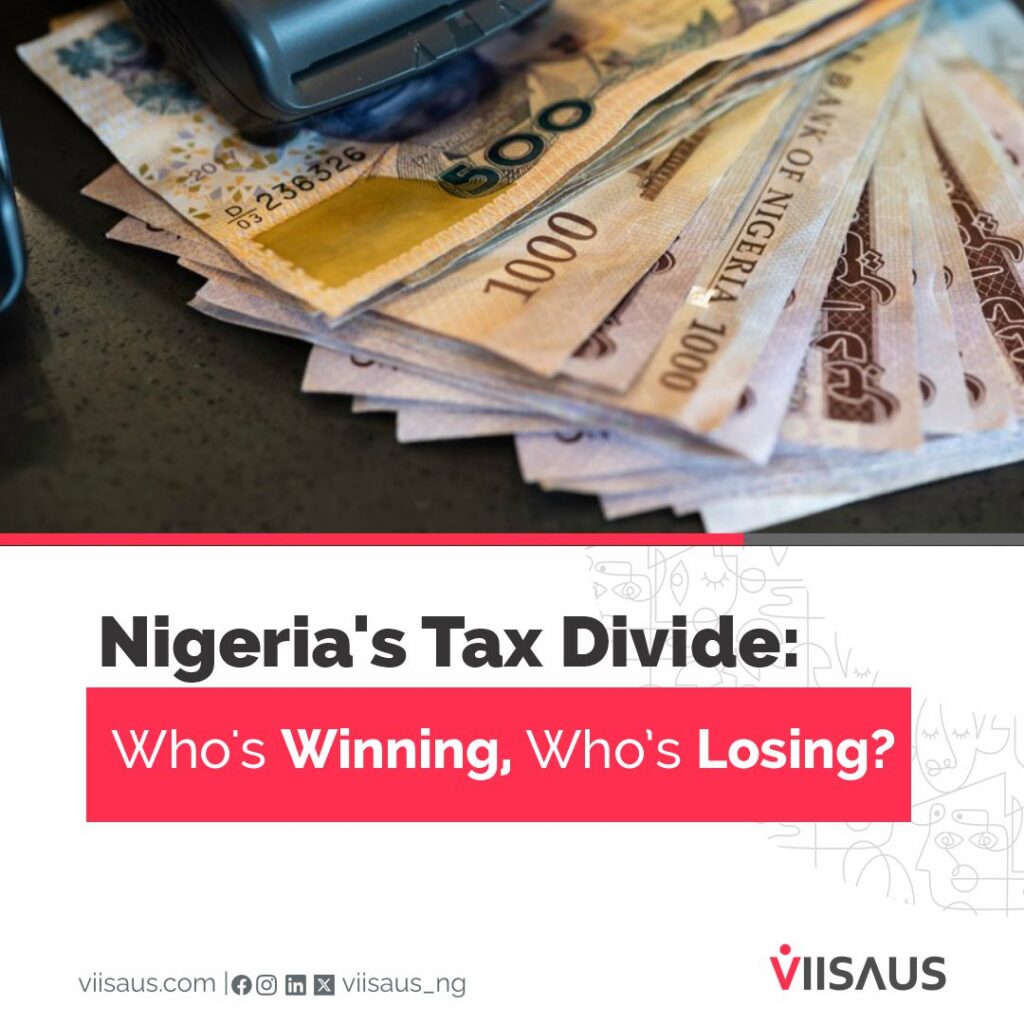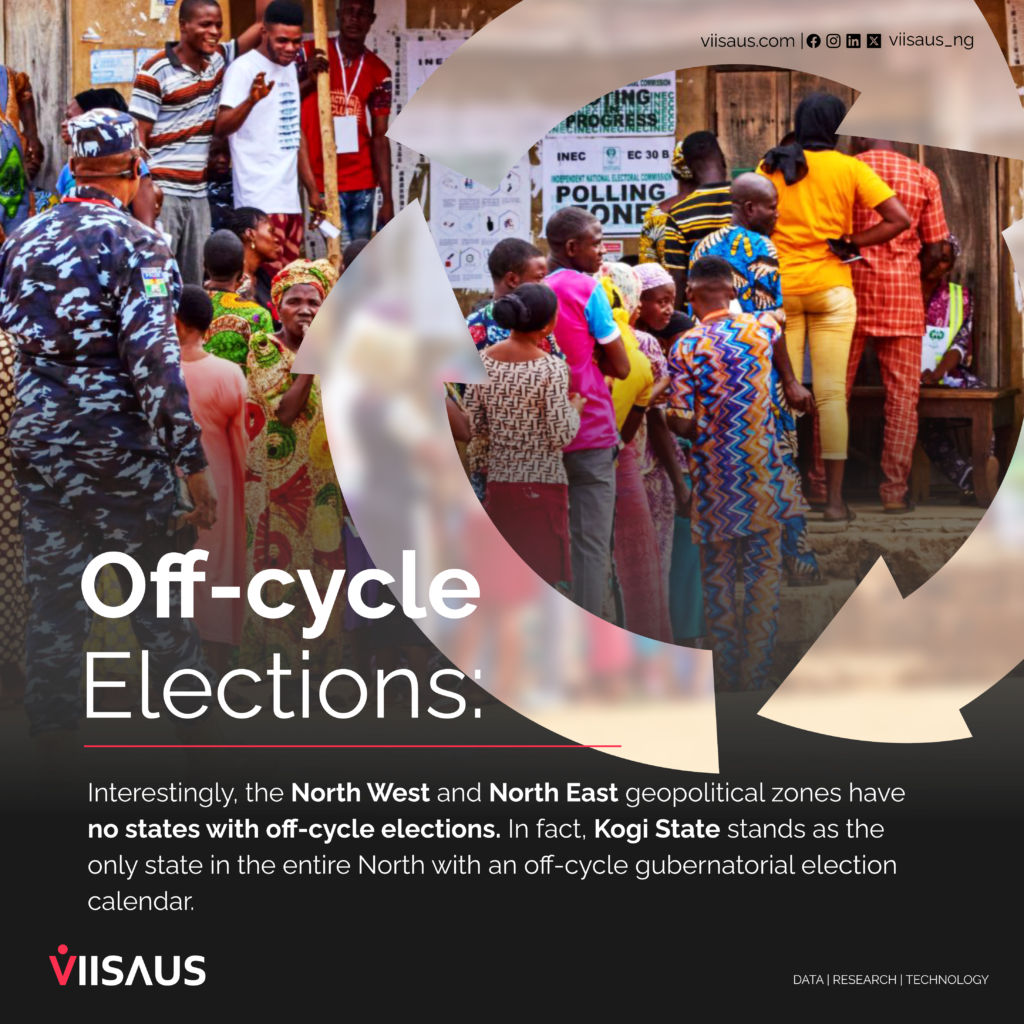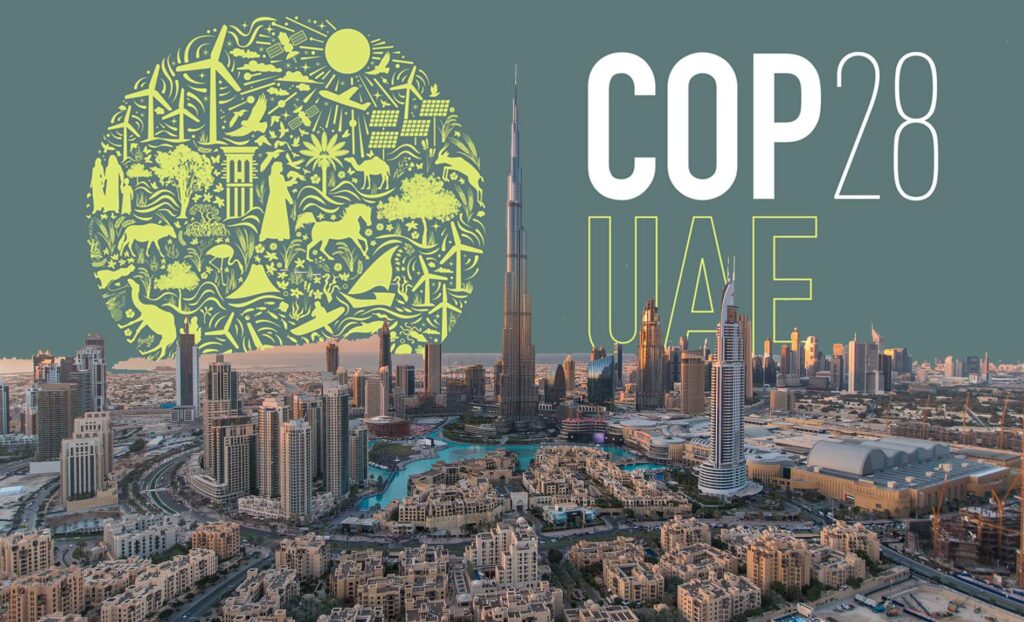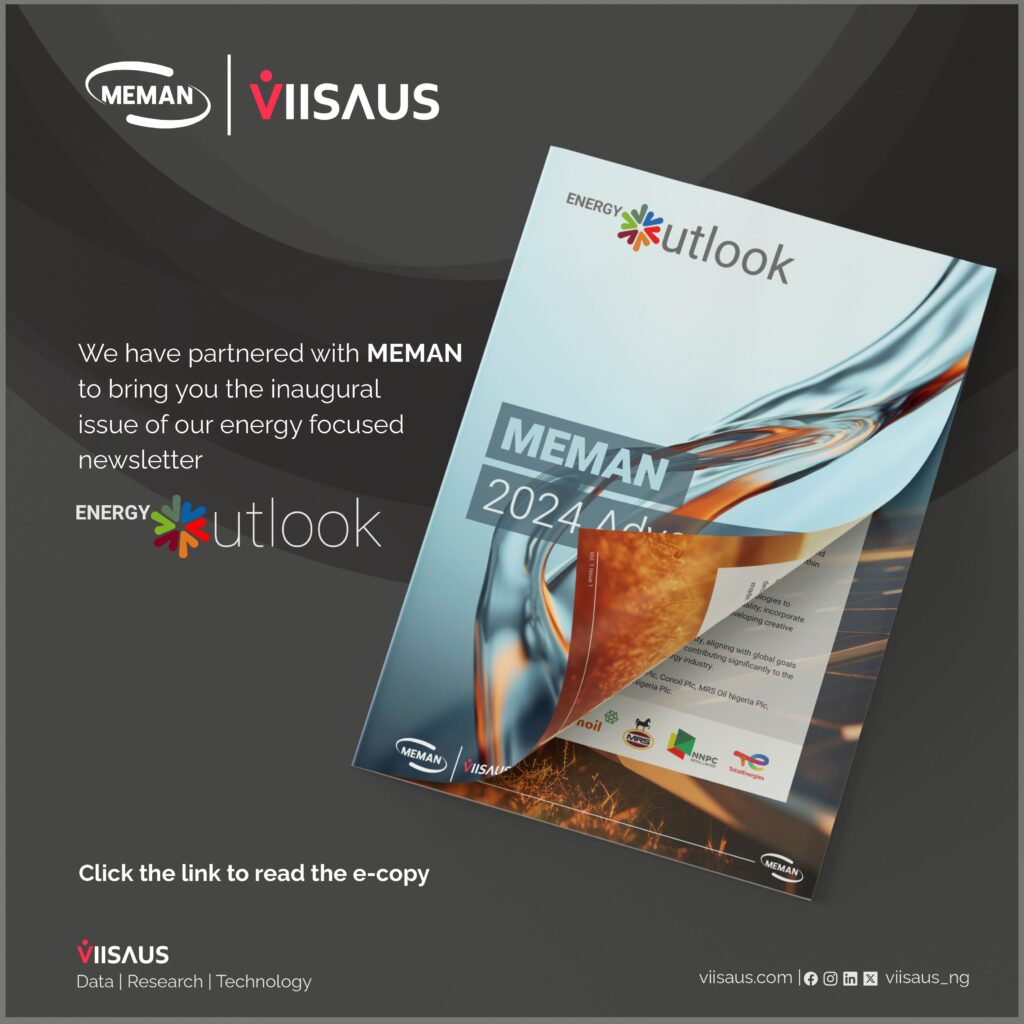Insurance in Nigeria: Barriers, Opportunities and the Lagos Case Study
Insurance plays a crucial role in economic stability and financial protection, yet uptake in Nigeria remains significantly low compared to global benchmarks. Despite the industry’s potential, many individuals and businesses continue to operate without adequate coverage, exposing themselves to unnecessary financial risk
